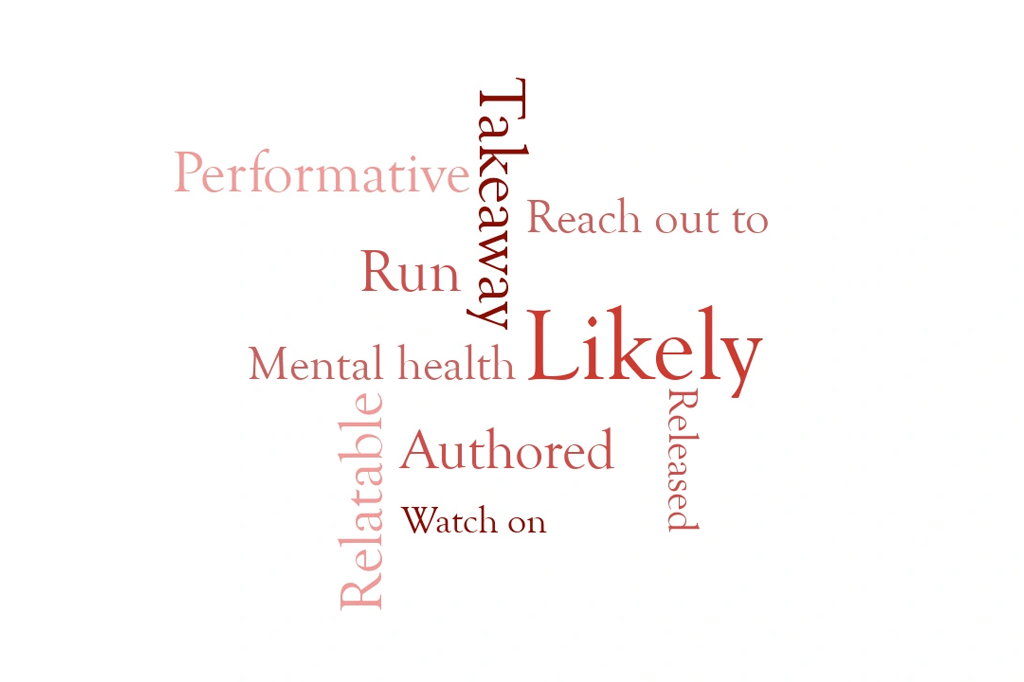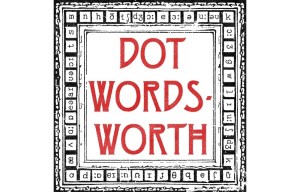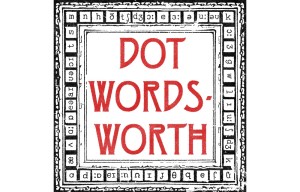“Homer, the poet?” asked my husband, puzzled, as he often is. He was responding to my scornful observation that the Cambridge Dictionary had chosen homer as its word of the year for 2022. The reason was merely that it had figured as the answer to a Wordle puzzle and many people did not know what it meant, so looked it up.
The homer in question was presumed to be a home run in baseball. The poet would not qualify, being a proper name. He does however find a place in the Oxford English Dictionary under nod, since Homer nods became a proverb, taking its cue from the Ars Poetica of Horace: Indignor quandoque bonus dormitat Homerus; “I feel aggrieved when sometimes even excellent Homer falls asleep.” Pope in his Essay on Criticism suggests that we often unjustly accuse Homer and such great writers: “Nor is it Homer Nods, but We that Dream.”
I have my anti-list of the Worst Words of the Year: those that would cheer me by being expunged from the language. Here is the top ten.
10. Released. Books are published, prisoners released. The change came when books began to be spoken of like records.
9. Authored. Another indignity for books, which are, we all should know, written. “This usage has been objected to by some commentators,” remarks the OED by way of conversation. Include me in this. Do the people who say author think that writing implies merely taking dictation, copying out or using a pen? Another objectionable school says pen as a piece of elegant variation for write.
8. Run. In America they run for election, even in old age. In British English we stand, though we do not necessarily deliver. I think I have lost on this one, but I still resent journalists misusing the term, as they should know better.
7. Watch on. Watch already means “look on.” Look on has been in use for more than 1,000 years. Watch on has suddenly popped up as though it were a normal item of vocabulary, which it isn’t.
6. Relatable. This is a quality regarded as desirable in a drama or novel. It derives from the post-war notion of relating to things or people in the sense of “feeling a connection.”
5. Mental health. There is such a thing, though it is not the same as happiness. But since mental illness has become almost as taboo a term as madness, the euphemism mental health issues has proliferated. From that it is a small step to erroneously speaking of someone as having mental health when they lack it.
4. Likely. Likely means “probable,” not “probably.” Examples are “a likely story,” The Likely Lads.
3. Performative. We have unfortunately lost a useful word with a technical meaning. A performative statement used to mean one which did something by being uttered. If you say “I bet you $10,” your interlocutor can expect payment. If you say, “I promise to pay,” the expectation is increased. The philosopher J.L. Austin (1911-60) was pleased with the term. Now performative is used to mean “putting on a performance,” which militates against the older sense.
2. Takeaway. In the sense of “a cooked meal bought for consumption off the premises,” takeaway came into use at the time of World War Two, as did take out and carry out. In the management-speak sense of “a point to be remembered from a meeting,” it first appeared in the 1990s.
It is, of course, quite possible for an independent auditor (or even watcher on) to take away a quite different point, such as the shallowness of the speaker.
1. Reach out to. When I receive an email from someone I have never met declaring “I am reaching out to you,” I am left with the impression that they are deranged. Reach out in the twentieth century was “to offer sympathy, support or assistance” to people. A quotation in the OED from America in 1912 spoke of “agencies which are planning to reach out to low-income families.” All that the reaching out emailers mean is “writing”: I am writing to you.
Why do they say “I am reaching out?” Do they think it is just a synonym for getting in touch? Do they think it conveys empathy, an approved quality to wear upon your sleeve at the moment? Whatever the case, I hope that in 2023 they will resolve to withdraw the uninvited hand.
This article was originally published in The Spectator’s UK magazine. Subscribe to the World edition here.

























